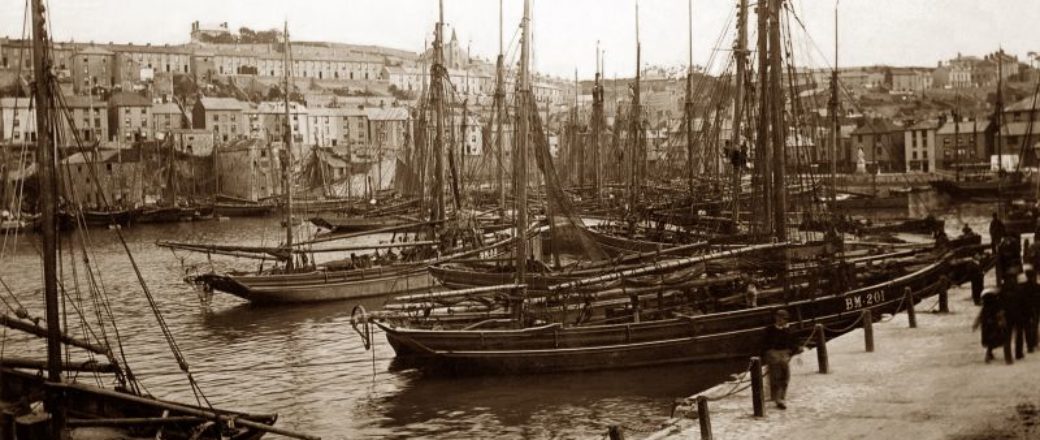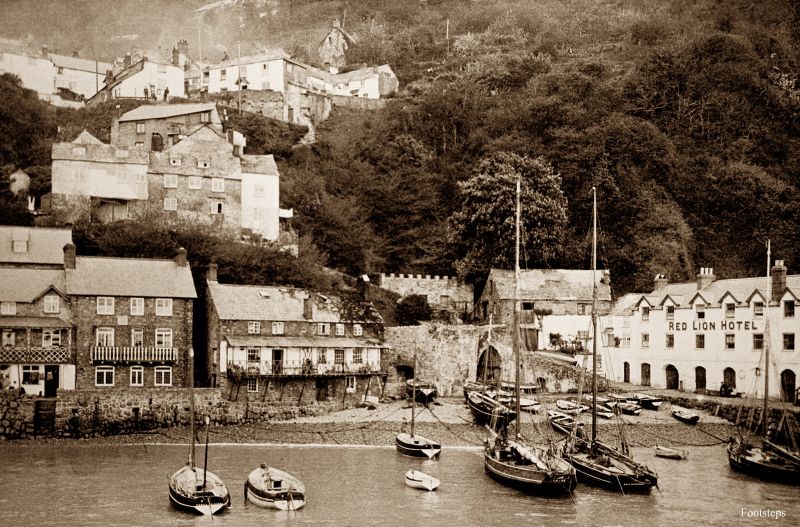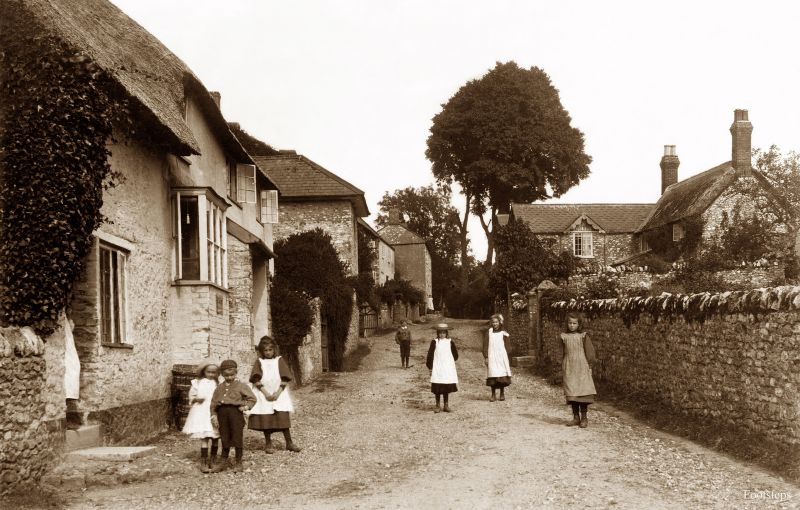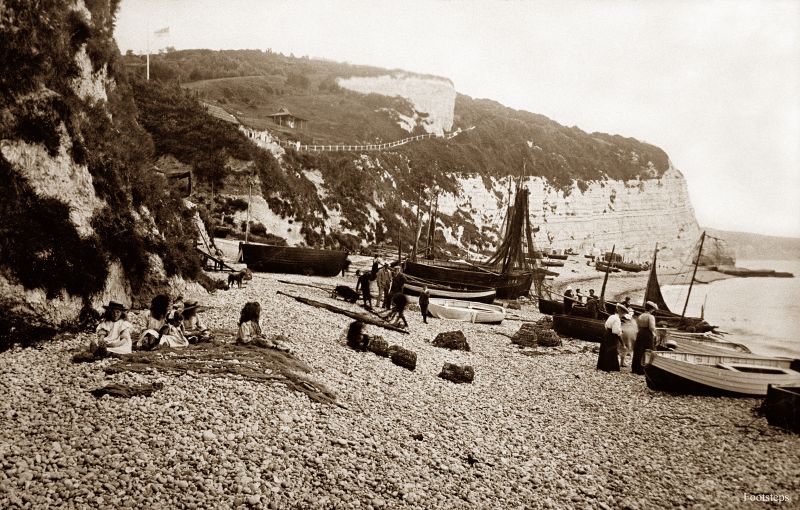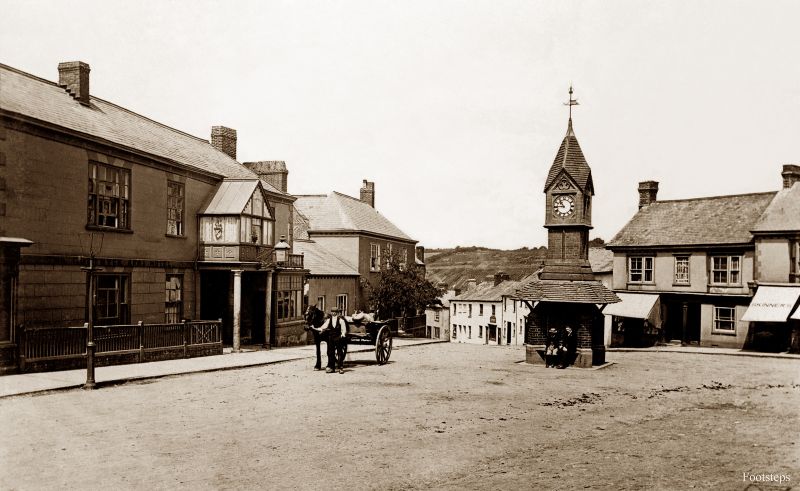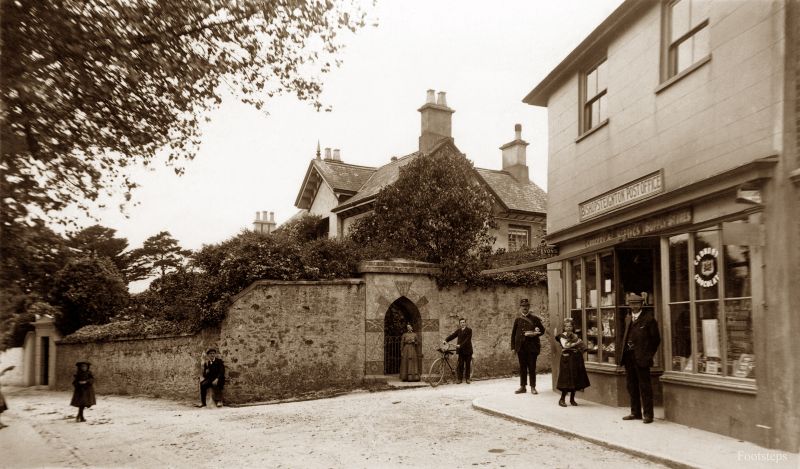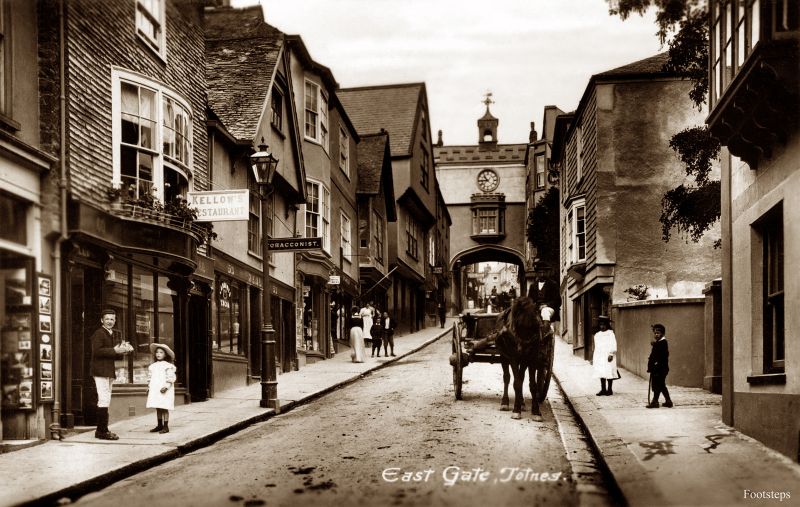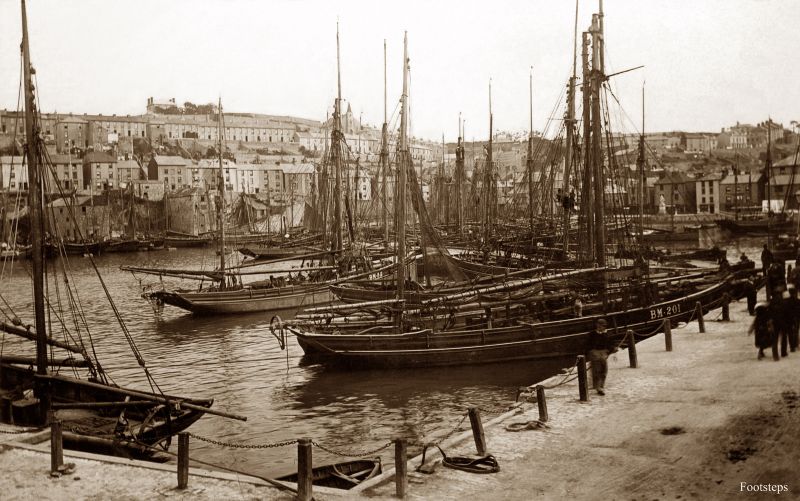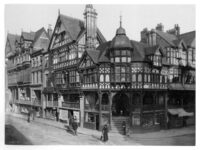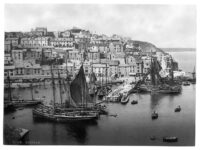The name Devon derives from the name of the Britons who inhabited the southwestern peninsula of Britain at the time of the Roman conquest of Britain known as the Dumnonii, thought to mean “deep valley dwellers” from proto Celtic *dubnos ‘deep’.
Since the rise of seaside resorts with the arrival of the railways in the 19th century, Devon’s economy has been heavily reliant on tourism. The county’s economy followed the declining trend of British seaside resorts since the mid-20th century, but with some recent revival and regeneration of its resorts, particularly focused around camping; sports such as surfing, cycling, sailing and heritage. This revival has been aided by the designation of much of Devon’s countryside and coastline as the Dartmoor and Exmoor national parks, and the Jurassic Coast and Cornwall and West Devon Mining Landscape World Heritage Sites.
via Footsteps

